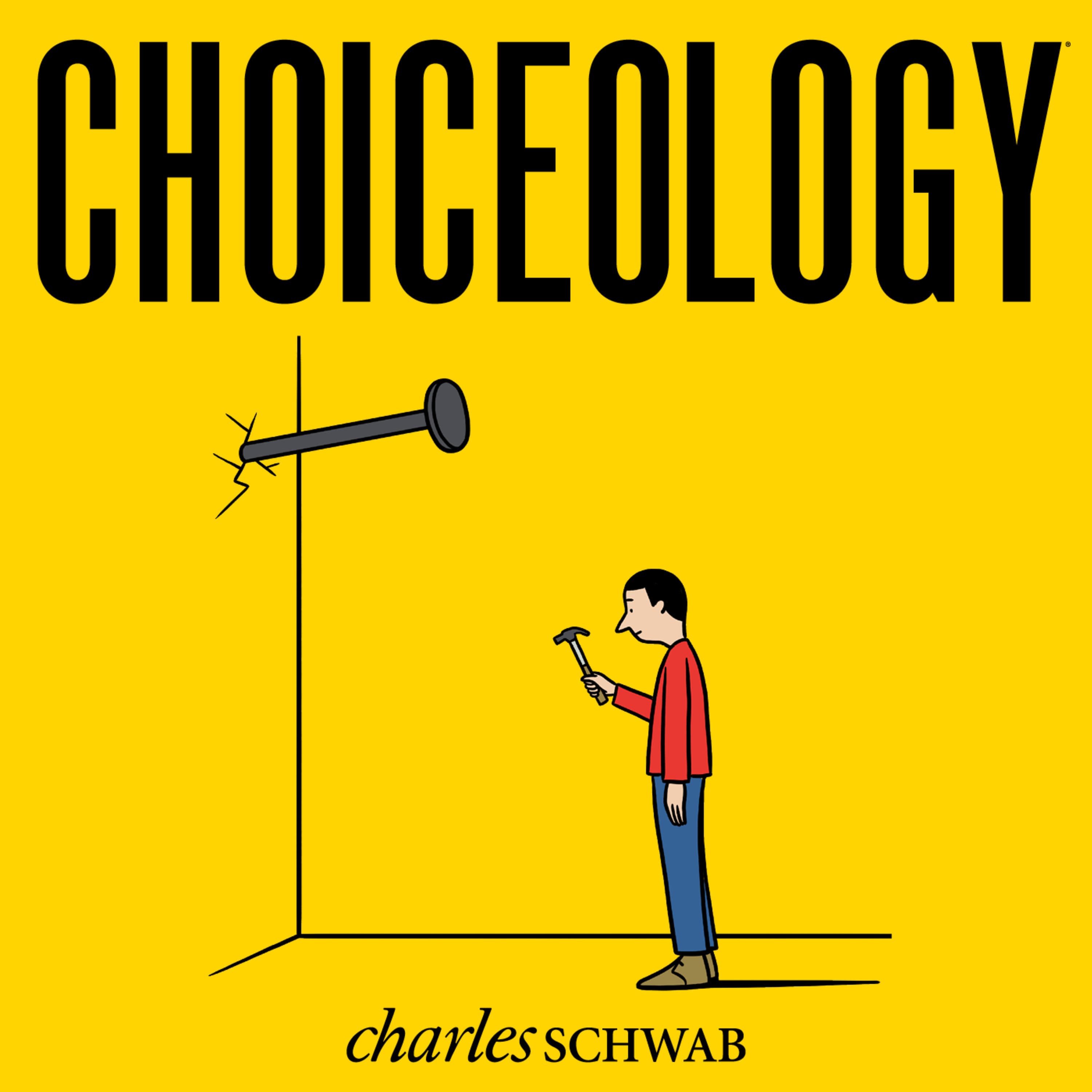Best-Laid Plans: With Guests Ken Bowersox, Robert Godwin & Bradley Staats
If you've ever been through a home renovation, you know that it often takes more time or more money (or both!) than the contractor's original estimate. But why is that? Experienced contractors renovate homes all the time. And yet they still regularly face delays and cost overruns.
In this episode of Choiceology with Katy Milkman, we explore a tendency people have to be overly optimistic about what they can accomplish in a set period of time—starting with a story of the phenomenon playing out on a massive scale.
The International Space Station (ISS) is a marvel of human ingenuity. It's the largest manned object ever put into space. It orbits the earth every 90 minutes. It contains 8 miles of wire and is the third brightest object in the night sky. At a cost of well over $100 billion, it is also the most expensive object ever built. At the beginning of the project, however, it was expected to cost only a small fraction of that amount.
- Robert Godwin has written extensively about the ISS. He explains the tumultuous history of the project, which started as a relatively modest American plan to succeed the Skylab station and eventually becoming a massive international collaboration hampered by political and technical challenges. Godwin is the co-author of the book Outpost in Orbit: A Pictorial & Verbal History of the International Space Station.
- Astronaut Ken Bowersox was aboard the ISS during one of the most difficult periods of the project. He recounts the harrowing details of an emergency return trip to Earth after tragedy struck the American shuttle program.
In hindsight, it's easy to see how a project that involves international cooperation and cutting-edge technology could run into delays and cost overruns. However, this tendency toward over-optimism manifests itself even in simple projects back on Earth.
- As an experiment, we had several volunteers sit down, separately, with a child's engineering toy. We asked them to estimate how long it would take to build a simple machine, using the included step-by-step instructions. The difference between their estimates and reality is telling. And this is a toy designed for 8-year-olds!
- Bradley Staats of the University of North Carolina's Kenan-Flagler Business School joins Katy to discuss the mechanics of this bias and to give examples of a number of different domains where this tendency can cause problems. He also introduces some simple strategies to help reduce forecasting errors.
- Finally, Katy expands on some of those strategies in order to help you make better estimates around the time, effort and expense required to meet your goals.
Choiceology is an original podcast from Charles Schwab.
If you enjoy the show, please leave a rating or review on Apple Podcasts.
Learn more about behavioral finance.
Explore more topics
All expressions of opinion are subject to change without notice in reaction to shifting market conditions.
The comments, views, and opinions expressed in the presentation are those of the speakers and do not necessarily represent the views of Charles Schwab.
Data contained herein from third-party providers is obtained from what are considered reliable sources. However, its accuracy, completeness or reliability cannot be guaranteed.
The Schwab Center for Financial Research is a division of Charles Schwab & Co., Inc.
Apple Podcasts and the Apple logo are trademarks of Apple Inc., registered in the U.S. and other countries.
Google Podcasts and the Google Podcasts logo are trademarks of Google LLC.
Spotify and the Spotify logo are registered trademarks of Spotify AB.



